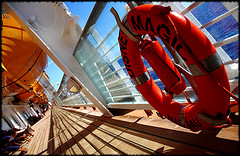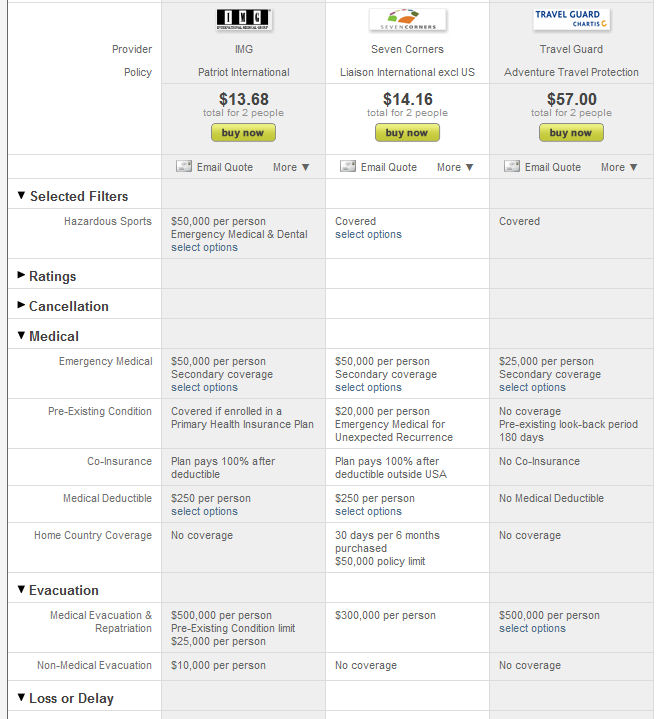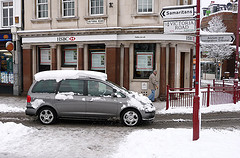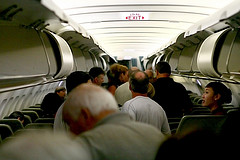 As you might have expected, the cruise industry has re-examined cruise ship safety drills, also called muster drills, after the Costa Concordia tragedy which resulted in 17 known deaths.
As you might have expected, the cruise industry has re-examined cruise ship safety drills, also called muster drills, after the Costa Concordia tragedy which resulted in 17 known deaths.
In response to the disaster, a Cruise Industry Operational Safety Review was launched to assess the effectiveness of safety procedures on cruise ships. The key components of the review included an examination of critical human errors with the intent to identify policy changes and make recommendations.
One of the key complaints of passengers on the Costa Concordia was that the muster drill had not occurred prior to the accident. Those unfamiliar with the ship were not aware of proper procedures nor which lifeboat they should go to in order to abandon the ship.
Prior to this accident, cruise ships were required to hold a muster drill within 24 hours of embarking (the Costa Concordia accident happened within this time frame). In response to this disaster, muster drills will be required before the ship sets sail to ensure that all passengers are aware of emergency procedures before the ship leaves the dock.
The new rules about holding safety drills prior to leaving the dock are effective immediately.
Related
See the final moments of the Costa Concordia infographic.
See our post on how one passenger was left on the dock for failing to attend a muster drill.









